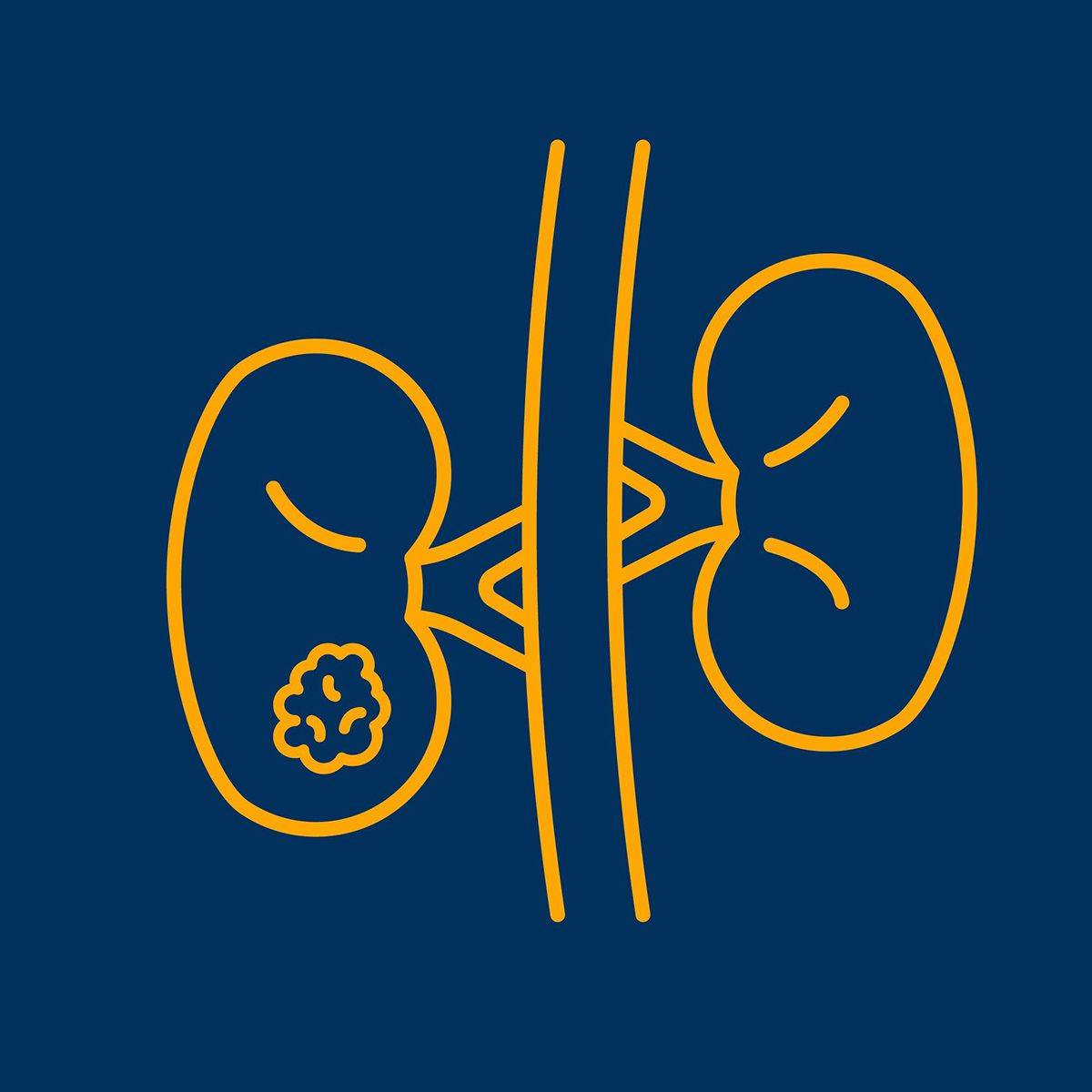
Kidney Cancer
Latest News
Latest Videos

Shorts

More News
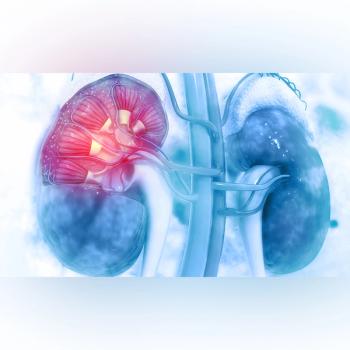
The subcutaneous formulation of nivolumab showed comparable efficacy and safety to the IV formulation in advanced clear cell renal cell carcinoma.

Avelumab in combination with axitinib was found effective and safe as frontline treatment for advanced RCC in real-world findings.

Patient-reported outcomes were consistent between patients with RCC using tivozanib/nivolumab and tivozanib monotherapy according to study findings.

Proactive onco-coaching did not improve QOL but was associated with improved OS in patients with metastatic renal cell carcinoma receiving TKIs and ICIs.
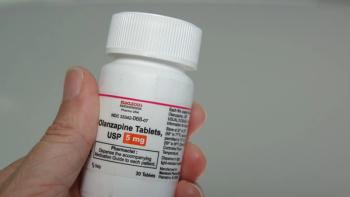
Patients treated with tyrosine kinase inhibitors received olanzapine to address adverse effects including nausea/vomiting, anorexia, insomnia, and weight loss.

New results uphold previous findings regarding the efficacy of cabozantinib, nivolumab, and ipilumumab arm for advanced renal cell carcinoma.

Patients with advanced RCC who were treated with nivolumab plus cabozantinib had a median PFS of 16.4 months compared with 8.3 months from sunitinib alone.

In a phase 1 trial, all 9 patients with renal cell carcinoma treated with a neoantigen-targeting personalized cancer vaccine showed no recurrence at data cutoff.

Oncology nurses can educate patients on the benefits of subcutaneous administration, including reduced time in the infusion center.
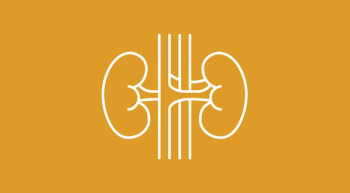
Frontline treatment with belzutifan and cabozantinib resulted in durable responses and a manageable safety profile in patients with previously untreated advanced ccRCC.

Nivolumab and hyaluronidase-nvhy (Opdivo Qvantig) was approved by the FDA for subcutaneous injection across approved solid tumor indications for nivolumab (Opdivo).
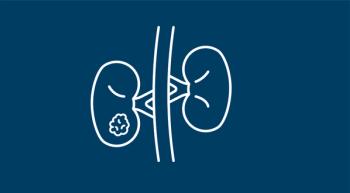
NKT2152, a novel HIF2a inhibitor, demonstrates significant efficacy in patients with advanced clear cell renal cell carcinoma.
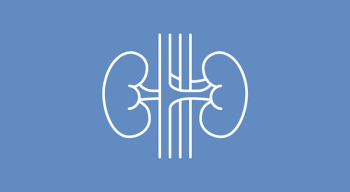
Study findings support tivozanib monotherapy for second-line treatment of certain patients with metastatic RCC, an expert said.

Belzutifan improved progression-free survival and objective response rate compared to everolimus in previously treated advanced renal cell carcinoma.

Compared to sunitinib, nivolumab plus ipilimumab showed increased overall survival and durable response benefits in patients with advanced renal cell carcinoma.

Higher corticosteroid peak dose may worse progression-free and overall survival in several tumor types including melanoma, non-small cell lung cancer, and others.

Nivolumab plus tivozanib did not improve progression-free survival in patients with advanced metastatic renal cell carcinoma after prior immune checkpoint inhibition.

The progression-free survival benefit with belzutifan was observed across subgroups of patients with pretreated advanced clear cell renal cell carcinoma.

The CAR T-cell therapy ADI-270 received fast track designation from the FDA for pretreated advanced clear cell renal cell carcinoma.
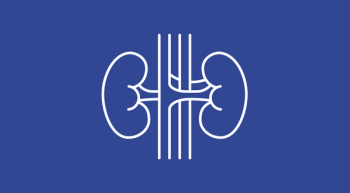
This analysis of patients with previously treated advanced clear cell renal cell carcinoma treated with belzutifan is the largest pooled safety dataset for a HIF-2α inhibitor.

Findings from a retrospective study may shed light on the prognostic value of PD-L1 expression in metastatic papillary renal cell carcinoma.

Patients with advanced renal cell carcinoma with previous exposure to lenvatinib derived modest benefit with tyrosine kinase inhibitors.

Patients with advanced clear cell renal cell carcinoma who received salvage treatment with nivolumab plus ipilimumab after progressing on nivolumab alone had significant treatment-free survival rates.

A biologics license application has been accepted by the FDA for subcutaneous nivolumab to treat adult patients eligible for approved solid tumor nivolumab indications

Patients with renal cell carcinoma who did not undergo surgical resection and were treated with stereotactic ablative body radiotherapy experienced high local control rates with an acceptable side effect profile.

